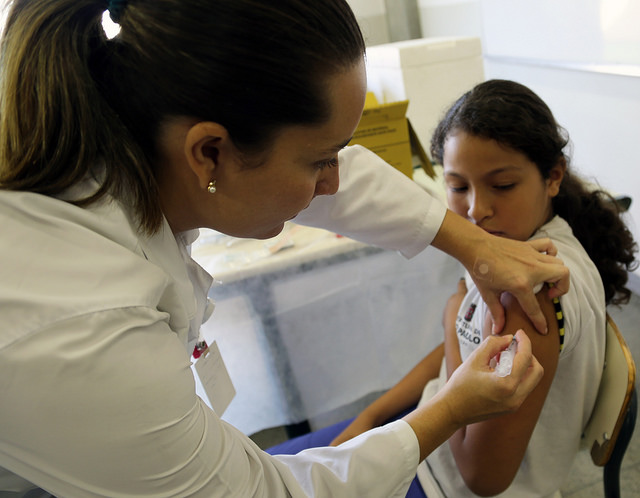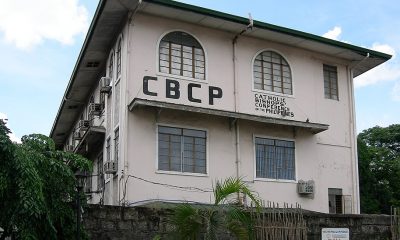Health
Cutting off cervical cancer’s fuel supply stymies tumors

Researchers at Washington University School of Medicine in St. Louis found that cervical tumors that don’t respond to radiation may be vulnerable to therapies that also attack the cancer’s fuel supply. (Photo by Pan American Health Organization PAHO/Flickr, CC BY-ND 2.0)
CHICAGO — Researchers at Washington University School of Medicine in St. Louis found that cervical tumors that don’t respond to radiation may be vulnerable to therapies that also attack the cancer’s fuel supply.
The study has been newly published online in the journal Cancer Research.
Studying mice implanted with human cervical cancer cells, the researchers wiped out many of the animals’ tumors with a combination of radiation and three drugs that target tumor metabolism.
The researchers used three different drugs, alone and in combination, to deprive cervical tumors of glucose and block downstream metabolic pathways that help protect cancer cells from building up toxic free radicals. Two of the drugs are investigational and approved by the Food and Drug Administration (FDA) for use in people as part of clinical trials; the third drug is FDA-approved to treat rheumatoid arthritis.
The researchers tested the drug combinations against four different human cervical cancer cell lines. One of the cell lines was vulnerable to being cut off from glucose alone, but the others needed more interference.
All four cancer cell lines responded significantly to radiation plus the three-drug combination. One cell line was wiped out entirely. Researchers noted that the mice did not show obvious negative side effects of this therapy.
When being cut off glucose, a cancer cell is forced to scavenge for an alternative fuel. With the tumor in this vulnerable state, the researchers strike again by shutting down the cell’ s ability to mitigate the toxic stew it creates from its own deranged metabolism. The treatment essentially forces the cell to drown in its own toxicity.
Historically, cervical cancer is difficult to study in the lab because most cases are caused by human papillomavirus (HPV), and there is no equivalent infection in mice.
“Ninety to 95 percent of cervical cancer cases are HPV-related, and there are very few studies of this type of cancer in mice because HPV is a human virus,” said senior author Julie K. Schwarz, an associate professor of radiation oncology at Washington University School of Medicine.
“It’s very difficult to produce a mouse model of a solid tumor of the type we see in most women who are diagnosed with cervical cancer. We believe what we learn from studying cervical cancer will help improve treatments for any HPV-driven cancer.”





















